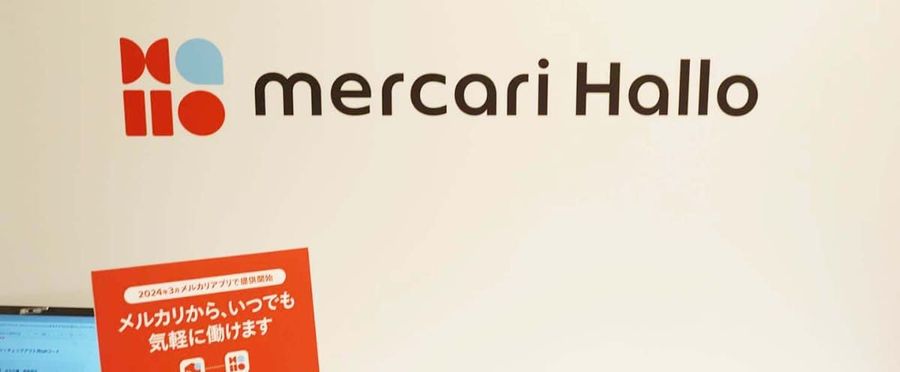Mercari, a notable Japanese marketplace app, has announced its decision to leave the part-time job market, a move referred to as "Sukima Baito". This withdrawal takes place within the broader context of significant changes in Japan's gig economy. While reasons for this withdrawal have not been specified, it could be linked to the rapidly changing labor market dynamics in the country.
Japan's job market has been experiencing a transformation of late, with gig economy and part-time jobs gaining prevalence among young and old workers alike. The announcement of Mercari's withdrawal from this market segment has drawn attention and stoked debates about the sustainability of the gig economy in Japan. It underscores concerns about Japan's labor laws, workers' rights, and fair wages.
In the US and EU, gig economy and part-time jobs have also been a prevalent issue, with companies like Uber and Deliveroo facing legal repercussions over workers' rights violations. Like in Japan, these issues spark conversations about the sustainability and ethics of gig economies.

